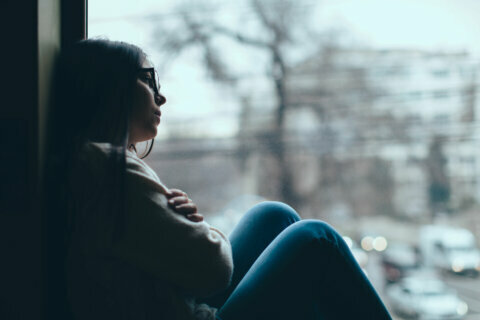This Halloween has an added distinction. Nope, not COVID-19.
It’s the night you turn your clocks back an hour, (after raiding the kids’ Halloween loot, of course).
Daylight Saving Time comes to an end at 2 a.m. Sunday, Nov. 1.
The time to “fall back” an hour begins every year on the first Sunday of November.
So how often does it occur that November’s first Sunday is the day after Halloween?
It’s happened 11 times since 1950, according to a calendar created by Seattle Pacific University.
The last time Nov. 1 fell on a Sunday was in 2015, according to TimeandDate.com, which has a calculator to figure out when any date falls on a certain day.
Before that, it happened in 2009, 1998, 1992, 1987, 1981, 1970, 1969, 1959 and 1953.
Nov. 1 won’t fall on a Sunday again until 2026. After that, it will happen in 2037, 2043 and 2048 (years you are probably looking forward to because they are not 2020).
Technically, Nov. 1 will be 25 hours long, as the calendar returns to U.S. standard time. On the East Coast, it will be Eastern Standard Time.
The concept behind changing the clocks is to take advantage of the sun’s natural light.
The sun will rise an hour earlier, and it will gradually get darker earlier in the evening.
Daylight Saving Time returns at 2 a.m. March 14, 2021. That is when the clocks “spring forward” an hour. The exceptions are Hawaii, Arizona, American Samoa, Guam, Puerto Rico, the Virgin Islands and the Mariana Islands, which do not observe Daylight Saving Time.
Shifting the clocks does affect your circadian rhythms and can impact sleep. Without a consistent sleep schedule, grumpiness and more stress can worm their way into your life, impacting not only relationships, but also how well you remember things and how well your immune system works.
In this age of coronavirus, the last thing you want is to get run down.
While technically people will “gain an hour” of sleep Nov. 1, the time change may affect sleep cycles for as much as a week after the change and will most notably affect those who already don’t get enough sleep.
Sleep experts recommend making sleep a priority.
How?
Stay on a consistent sleep schedule.
If you haven’t done it recently, rotate or flip your mattress, depending on the type you have.
Make the bedroom a cool, dark sleep sanctuary.
As much as you like to play with your phone or watch TV in bed, turn off the tech an hour before you hit the sack.
Make sure you stop noshing at least three hours before bedtime.
Let in the sunlight in the morning.








